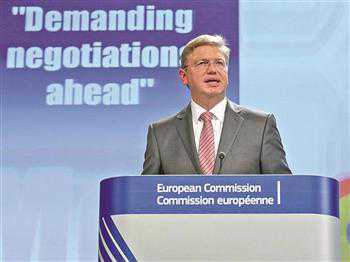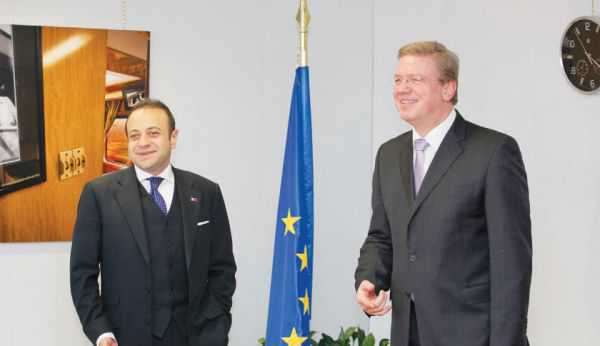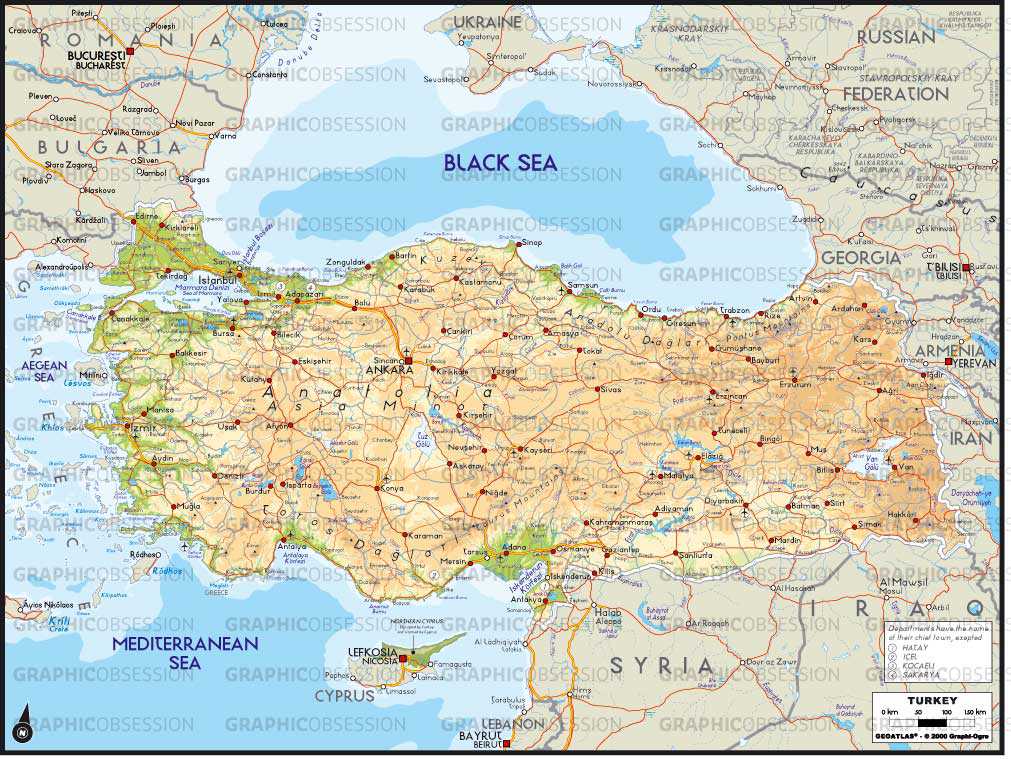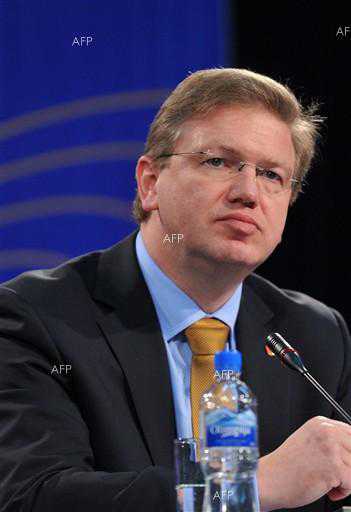By Andreas Rinke
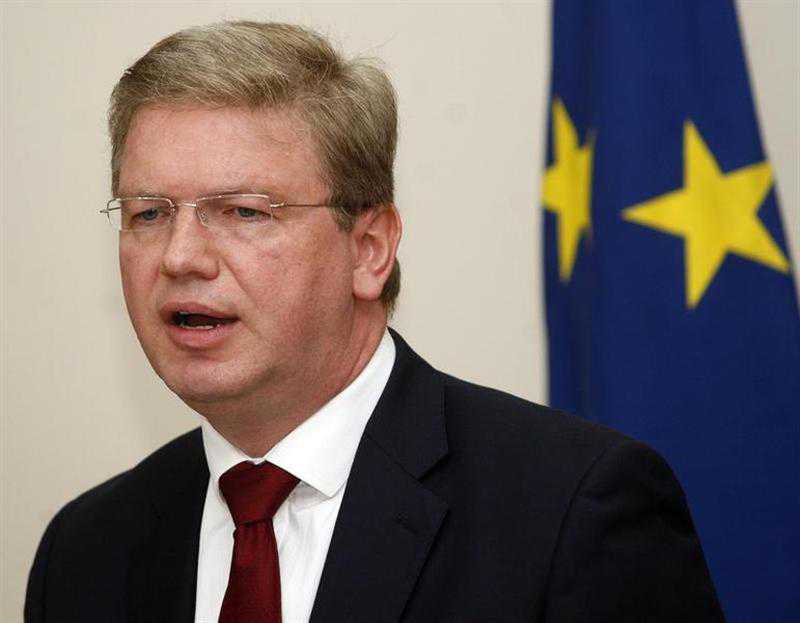 BERLIN (Reuters) – The European Union’s enlargement commissioner said he expected a breakthrough this year in Turkey’s stalled EU membership bid and welcomed Ankara’s peace talks with Kurdish rebels and reforms of its justice system.
BERLIN (Reuters) – The European Union’s enlargement commissioner said he expected a breakthrough this year in Turkey’s stalled EU membership bid and welcomed Ankara’s peace talks with Kurdish rebels and reforms of its justice system.
Turkey began talks on joining the European Union in 2005 but has only completed one of the 35 policy areas, or “chapters”, every candidate must conclude to be allowed entry due to disagreements over the divided island of Cyprus and hostility especially from France, though that is now easing somewhat.
Commissioner Stefan Fule called on EU states to recognise Turkey’s reform efforts, to open further policy negotiations with Ankara and to show more “credibility” in the talks.
Turkish Prime Minister Tayyip Erdogan has called Turkey’s wait to join the bloc “unforgivable” and has accused Brussels of not being a fair or genuine negotiation partner.
Fule, a Czech, wants four further chapters to be opened this year, including the one entitled “fundamental rights”, noting this could help steer Ankara’s future reforms.
“This chapter is the strongest transformational element that we have,” he told Reuters in an interview in Berlin.
Turkey’s parliament last week approved a reform of its anti-terrorism laws, narrowing the definition of terrorist propaganda in line with EU demands that it boost freedom of expression.
The changes coincide with progress in efforts by the government and Kurdish militants to negotiate an end to a 28-year insurgency.
Fule expressed optimism there would be progress in talks on easing visa restrictions for Turks travelling to the EU.
Fule urged Ankara to extend a customs agreement with the European Union by opening its ports to goods from Cyprus, one of the key issues hindering its ambitions to join the EU.
Turkey has no diplomatic relations with the Republic of Cyprus, an EU member since 2004, instead backing a breakaway Turkish Cypriot entity in the north of the Mediterranean island.
Cyprus is currently distracted by its financial crisis after it had to request emergency loans from the EU and the International Monetary Fund to avert bankruptcy, but Fule said he hoped President Nicos Anastasiades would bring “new energy and ideas” to the task of reviving stalled reunification talks.
Anastasiades backed a 2004 U.N. plan to reunite the island, though a majority of his Greek Cypriot compatriots rejected the plan in a referendum shortly before they joined the EU. The Turkish Cypriots in the north backed the plan.
(Writing by Alexandra Hudson, editing by Gareth Jones)
Euronews
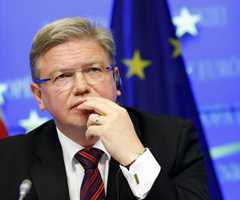 Brussels, (27th December) – As European Commissioner for Enlargement, whose duty it is to monitor and report on progress in candidate countries towards meeting the accession criteria, I have followed developments in Turkey since 17 December with growing concern.
Brussels, (27th December) – As European Commissioner for Enlargement, whose duty it is to monitor and report on progress in candidate countries towards meeting the accession criteria, I have followed developments in Turkey since 17 December with growing concern.

